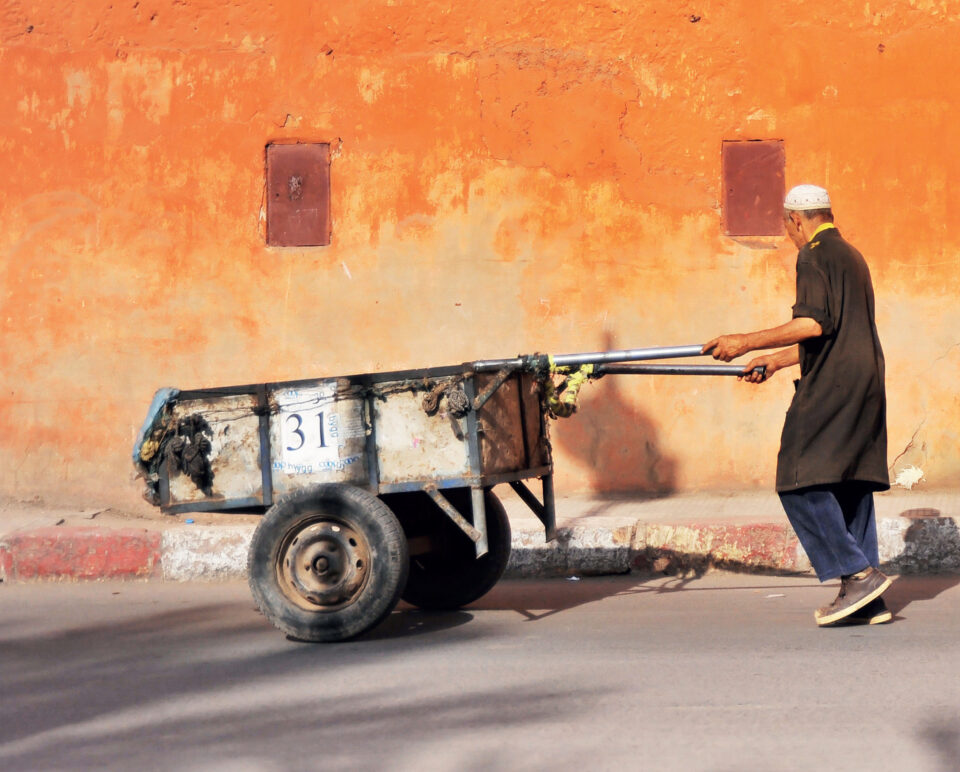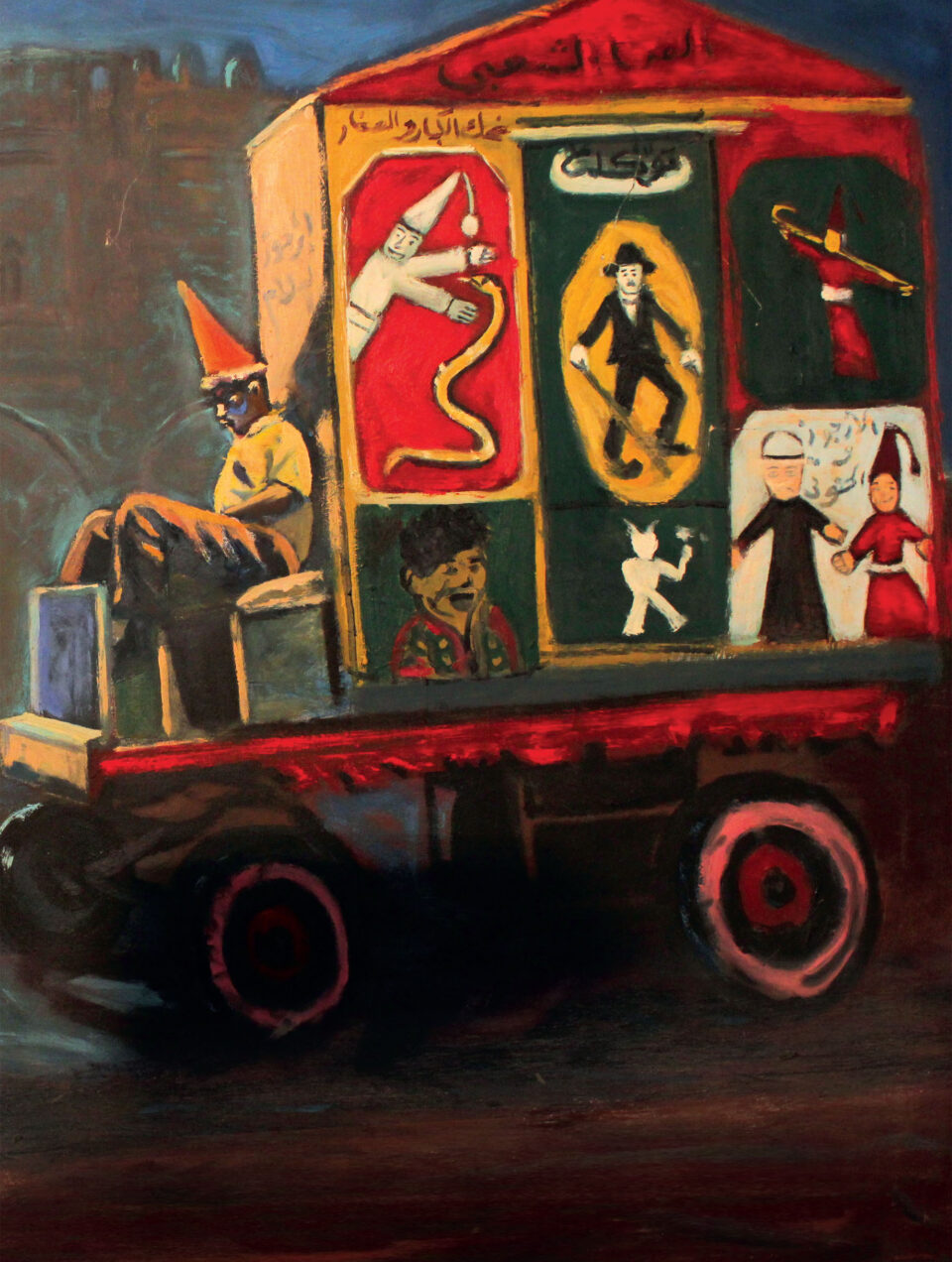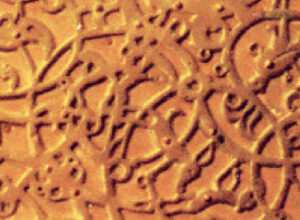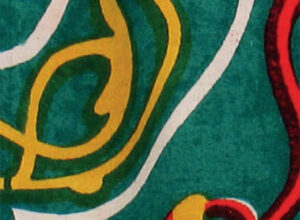PRO
Rowayat is about words . . . Words making poetry, words making stories, words telling you about books, writers, songs. Our business is words, and our writers are the “word magicians”. . . . These magicians don’t make words disappear. On the contrary, just by putting a few words together, they transmit onto them a power, an intensity that cannot be ignored.
Proverbs are how a limited number of words can have a long-lasting effect. Some of them are thousands of years old. They can be found at the root of every culture and have been around since language was created. Usually, you can find them as part of the oral traditions of most countries. In each issue of Rowayat Gemeza, we are highlighting an Egyptian proverb, telling you all about it, and figuring out its equivalent in other countries.
Lessanak hossanak in sounto
sanak we in khounto khanak
The literal translation is “your tongue is your horse; if you take care of it, it will take care of you, and if you betray it, it will betray you.” Here are some examples of similar proverbs from around the world that have the same meaning.
“Better a slip of the foot than a slip of the tongue.” (Spanish)
“Bind your tongue or your tongue will have you bound.” (Roman)
“No one ever repented for having held his tongue.” (Italian)
Using horses in proverbs is very meaningful to both Egyptians and Arabs. The horse is an animal revered in our culture for its strength, courage, beauty, and loyalty.
The proverb means if you take care of your words in the same way that you take care of your horse, it will forever be loyal and faithful. So the words coming out of your mouth need brakes; just like the bridles in
VERBS
the mouths of horses are used to control their direction, speed, and movement, we must also exert the same control over our mouths.
So, how many of us think before we speak? Or before we type? This proverb is about the necessity of taking a moment to think of the consequences of our words. It’s particularly important in this day and age, when words are used more than ever, through social media, texting, and all the various traditional and digital forms. We need to be aware of the power of words.
Do you think before . . .
You text?
You tweet?
You post on Facebook . . .
Every word counts and has an effect.
“Sticks and stones may break my bones, but words will never hurt me,” is a big lie. Words hurt and they can have a tremendous effect on the recipient.
Words have the power to bring down dictators and abusive governments:
“The people demand the removal of
the regime.” Tahrir, 2011
Words can make or break friendships:
“‘We’ll be friends forever won’t we, Pooh?’
asked Piglet. ‘Even longer,’ Pooh answered.”
A.A.Milne
Words make people fall in love:
“When I saw you I fell in love, and you
smiled because you knew.” Shakespeare
Words make people dream:
“Your dreams can come true if you have the
courage to pursue them.” Walt Disney
Words can give hope and inspire:
“Be the change you want to see in the
world.” Ghandi
Words make us laugh, they make us cry, they
make us believe:
“Imagine all the people, living life in peace.
You may say I’m a dreamer, but I’m not the
only one.” John Lennon
All these are examples of words to live by, so
proverbs are especially important, because
they reinforce the power of words and are
handed down from one generation to the
next.
Proverbs exist in every culture and can be the vehicle through which traditions, morals, and values are transmitted.
At Rowayat, we want to highlight the importance of proverbs and the power of words.
Can you come up with your own proverb? What makes a good proverb? Is it because it’s short?
Do proverbs always contain comparisons? Or metaphors?
Ask your parents or grandparents to tell you their favorite proverbs.
Write to us, tell us all about them, and maybe you will find your words on this page info@rowayat.com








